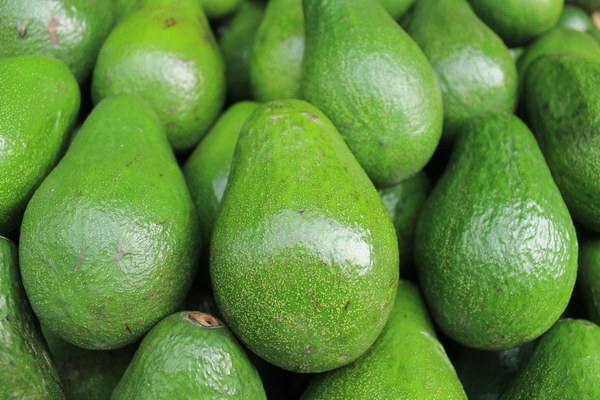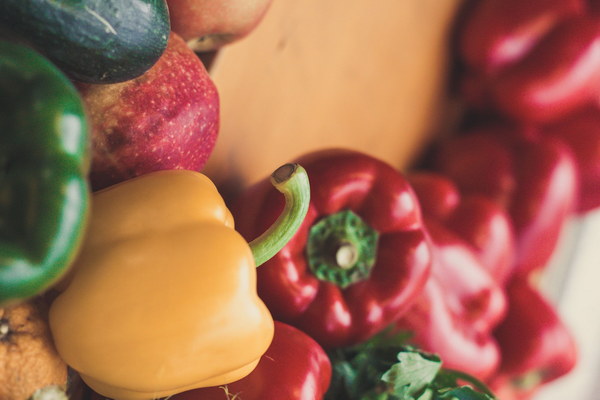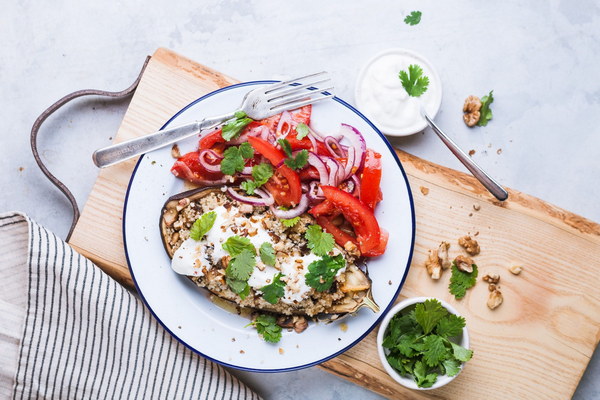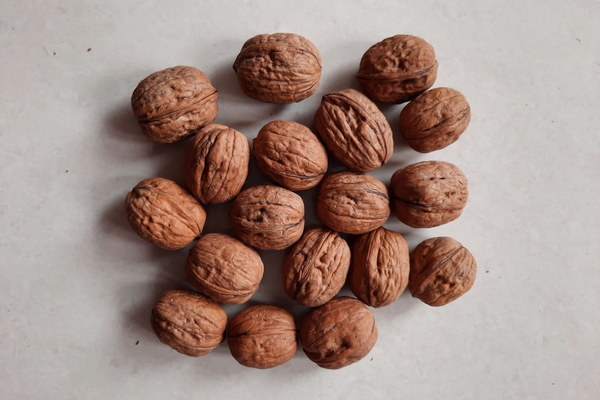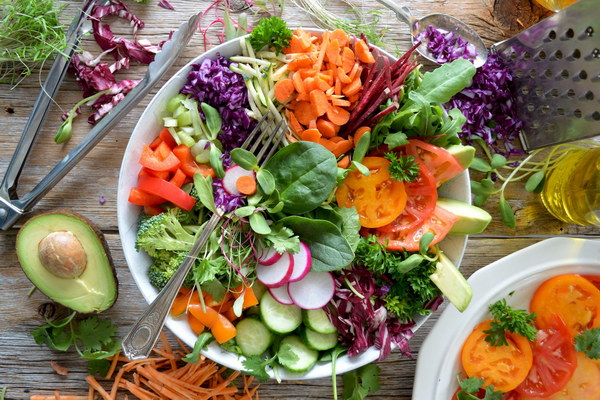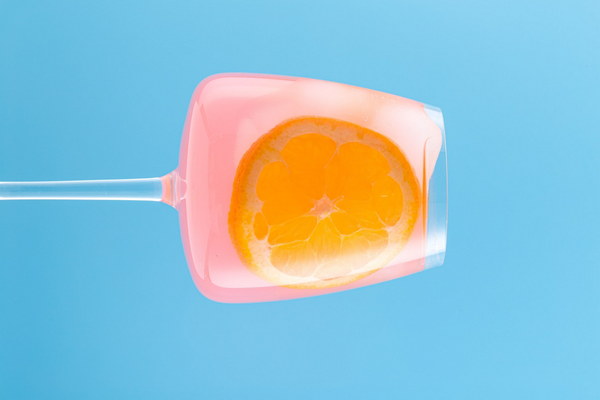Crab Delight with a Twist What Not to Eat When Enjoying Shrimp for Kidney Health
In the world of seafood, shrimp is a beloved delicacy that brings joy to many palates. Known for its sweet and delicate taste, shrimp is often enjoyed in a variety of dishes. However, when it comes to kidney health, certain foods should be avoided while indulging in this tasty treat. Let's explore what not to eat when savoring shrimp for kidney health.
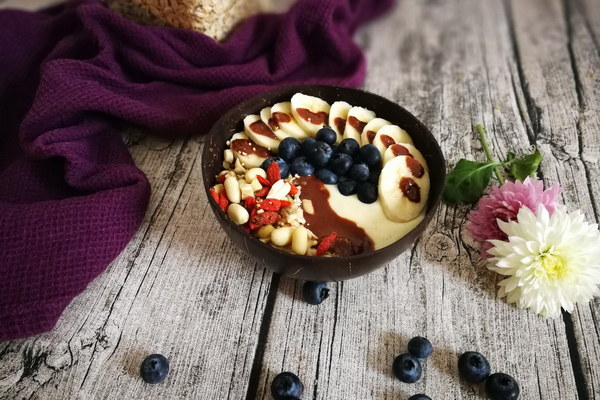
Firstly, it is essential to understand the role of the kidneys. The kidneys are vital organs responsible for filtering waste products and excess fluid from the blood, which are then excreted as urine. Maintaining kidney health is crucial, especially for those with pre-existing kidney conditions or those at risk of developing kidney disease.
One of the primary concerns when consuming shrimp for kidney health is the sodium content. Shrimp is naturally high in sodium, which can lead to increased blood pressure and strain on the kidneys. Therefore, it is advisable to limit the consumption of processed foods, canned goods, and salty snacks, as these items can exacerbate the sodium levels in the body.
Another food group that should be avoided when consuming shrimp for kidney health is high-protein foods. While protein is essential for overall health, excessive protein intake can lead to the production of waste products, known as urea, which the kidneys must filter out. Over time, this can strain the kidneys and lead to kidney damage. It is, therefore, crucial to limit the intake of red meat, poultry, fish, and dairy products.
In addition to high-protein foods, high-potassium foods should also be avoided when consuming shrimp for kidney health. Shrimp is already high in potassium, and consuming high-potassium foods can overwhelm the kidneys, leading to kidney problems. Some high-potassium foods to avoid include bananas, oranges, potatoes, tomatoes, and spinach.
Foods rich in oxalates should also be avoided when consuming shrimp for kidney health. Oxalates are naturally occurring compounds found in many foods and can contribute to the formation of kidney stones. Some oxalate-rich foods to steer clear of include chocolate, nuts, beets, and rhubarb.
When it comes to beverages, it is crucial to limit the consumption of alcohol and caffeine. Both alcohol and caffeine can put additional stress on the kidneys, leading to kidney damage and potential kidney disease. Instead, opt for hydrating beverages such as water, herbal teas, and infused water.
It is also important to consider the preparation methods of shrimp when aiming for kidney health. Avoid deep-frying shrimp, as this adds excessive calories and unhealthy fats. Instead, opt for healthier cooking methods such as grilling, steaming, or baking. These methods not only preserve the natural flavors of shrimp but also reduce the risk of kidney-related health issues.
To sum up, while shrimp is a delicious and nutritious seafood option, it is crucial to be mindful of what you eat alongside it when aiming for kidney health. By avoiding high-sodium, high-protein, high-potassium, and high-oxalate foods, as well as limiting alcohol and caffeine intake, you can enjoy shrimp without compromising your kidney health. Remember to consult with a healthcare professional for personalized dietary advice and to ensure you are making the best choices for your overall health.
